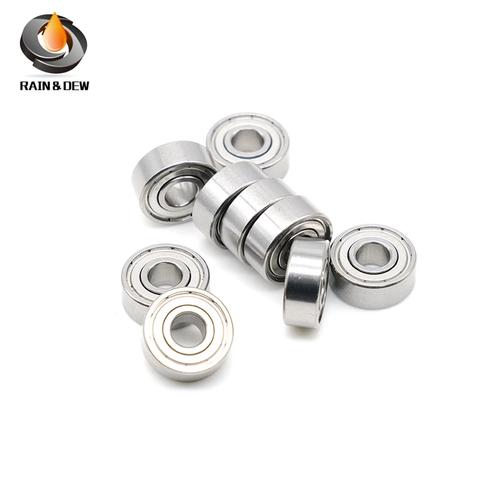Small Bearings for Surgical Tools: Precision Solutions for Medical Equipment

Introduction
Small bearings for surgical tools form the critical pivot points in modern medical devices, directly impacting instrument precision in procedures ranging from arthroscopy to dental surgery. Global medical device manufacturers face mounting pressure to source components that simultaneously meet strict sterilization requirements, micro-scale precision tolerances, and international compliance standards.
Technical Specifications & Standards
Medical-grade bearings must comply with:
- ISO 13485:2016 (Medical devices quality management)
- ASTM F2097 (Cleanliness standards)
- Corrosion resistance: Minimum 500hrs salt spray test
- Operating temperature: -70°C to 300°C
Material Comparison Table
| Material | Advantages | Disadvantages |
|---|---|---|
| 440C Stainless | High hardness (58-62 HRC) | Limited chemical resistance |
| Ceramic Hybrid | Zero magnetic interference | 30% higher cost |
Cost-Efficiency Analysis
1. Lifecycle savings: Premium bearings reduce replacement frequency by 68% (McKinsey Medical Tech Report 2023)
2. FDA audit compliance: ISO-certified components decrease approval delays by 4-6 weeks
3. Sterilization cycles: Advanced seals withstand 1,200 autoclave cycles
Global Market Insights
The surgical tools bearing market will grow at 7.2% CAGR through 2030 (Statista), driven by:
- Rising minimally invasive surgeries ( 42% since 2020)
- Emerging markets demand (India: 19% YOY imports)
Certification Checklist
Valid certifications must include:
- ISO 13485:2016
- CE Marking
- FDA 21 CFR Part 820
- RoHS 3 Compliance
Supplier Audit Checklist
Evaluate manufacturers using:
- Documented quality control processes
- Material traceability systems
- Batch testing protocols
- 5-year defect rate history
Success Story: OrthoTech Solutions
Challenge: A German orthopedic tool maker faced 23% rejection rates due to bearing failures in steam sterilization.
Solution: Implemented ceramic hybrid bearings with PTBI seals.
Result: Zero sterilization failures in 18 months €164K annual savings.
FAQ Section
Price Negotiation Techniques
Request volume-based pricing tiers and ask for test batches before full orders.
Minimum Order Quantity
Standard MOQ: 500 units (custom designs may require 2,000 units).
Customization Options
Available modifications include bore sizes from 1.5mm-12mm and specialty lubricants.
Logistics Support
Reputable suppliers provide DDP terms and handle HS code classification.
Quality Guarantees
Demand certified material reports and 100% dimensional inspection records.
Payment Security
Use escrow services for initial transactions and insist on performance bonds.
Conclusion
Selecting optimal surgical tool bearings requires balancing technical specifications with supplier reliability. Download our Medical Bearing Specification Guide or schedule a technical consultation to optimize your procurement strategy.




 13869596835
13869596835